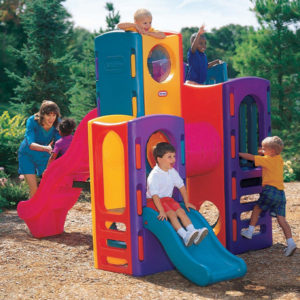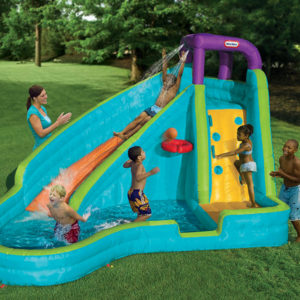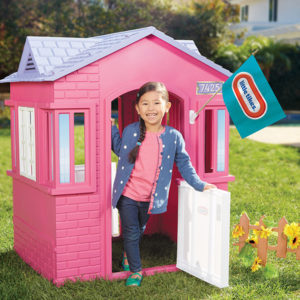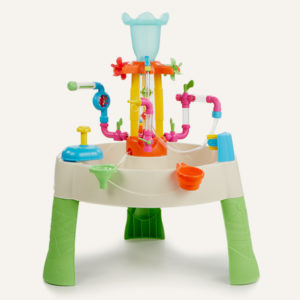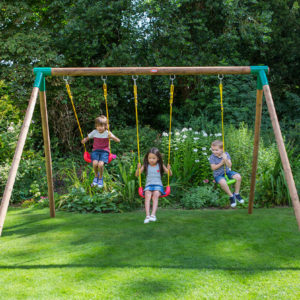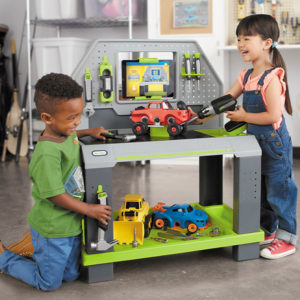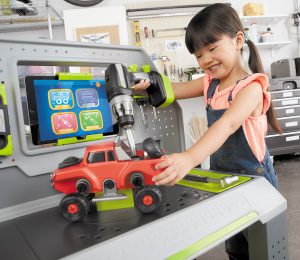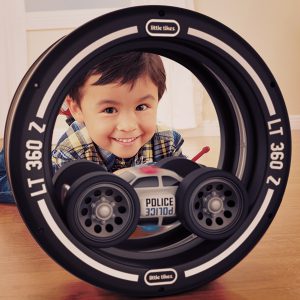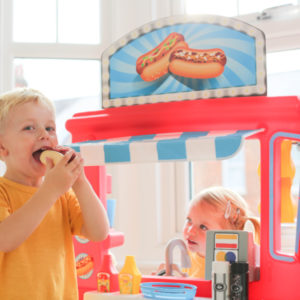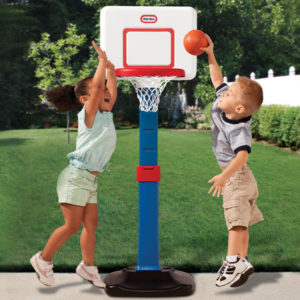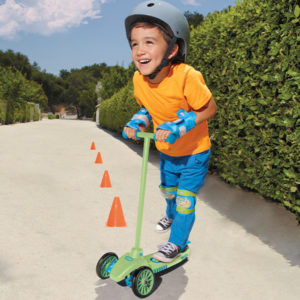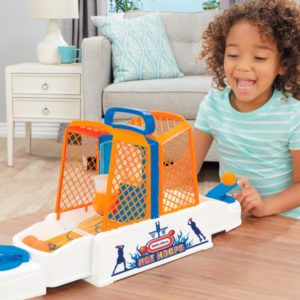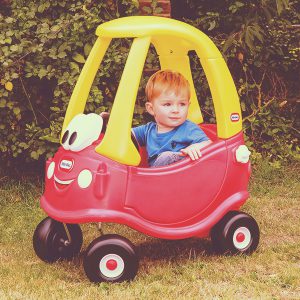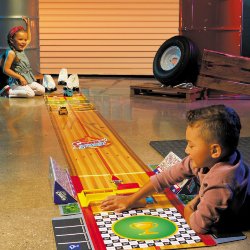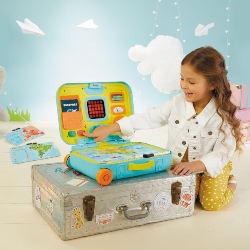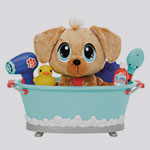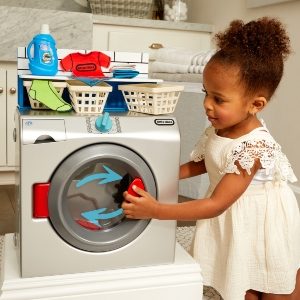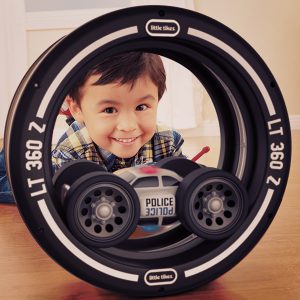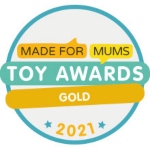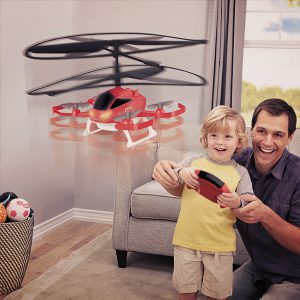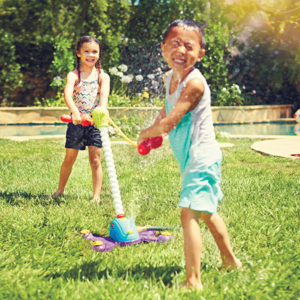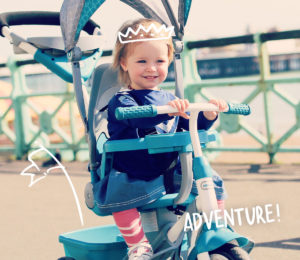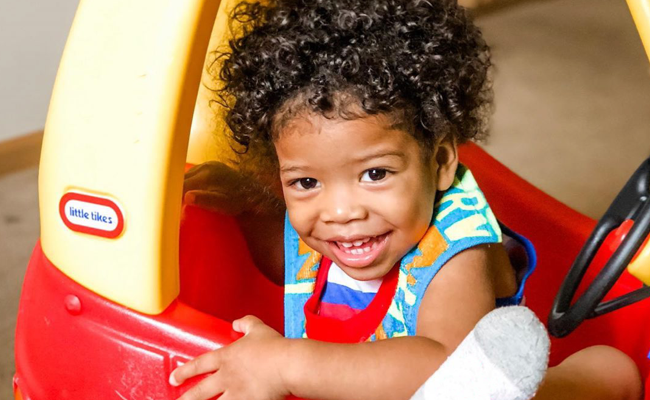For the first couple of years of their life, children will happily play alongside others with no real acknowledgement of or interaction with their peers. But from the age of two, you might start to notice small signs your little one is developing the social skills and creative thinking that will set them up for life.
Young children do all their learning and exploring through play – and it’s vital for their understanding of sharing, cooperation, turn taking and instruction following. More than that, though, cooperative play helps to nurture social interaction, confidence, sense of discovery and emotional and physical development. Children aged three and above are more likely to choose to play with others and select certain activities but even before then there’s plenty that parents and carers can do to encourage this particular skill set. Here, we take a look at the best ways to help bring on the skills that will see your child working well with others and playing cooperatively.
Involve them in household tasks
Encourage your little one to help you out with everyday household chores. Washing up, folding laundry, cleaning or setting the table can not only become ‘exciting’ activities, making them feel more grown up, but they’ll learn about kindness and caring for others – and in turn develop better social skills.
Explain early about turn taking
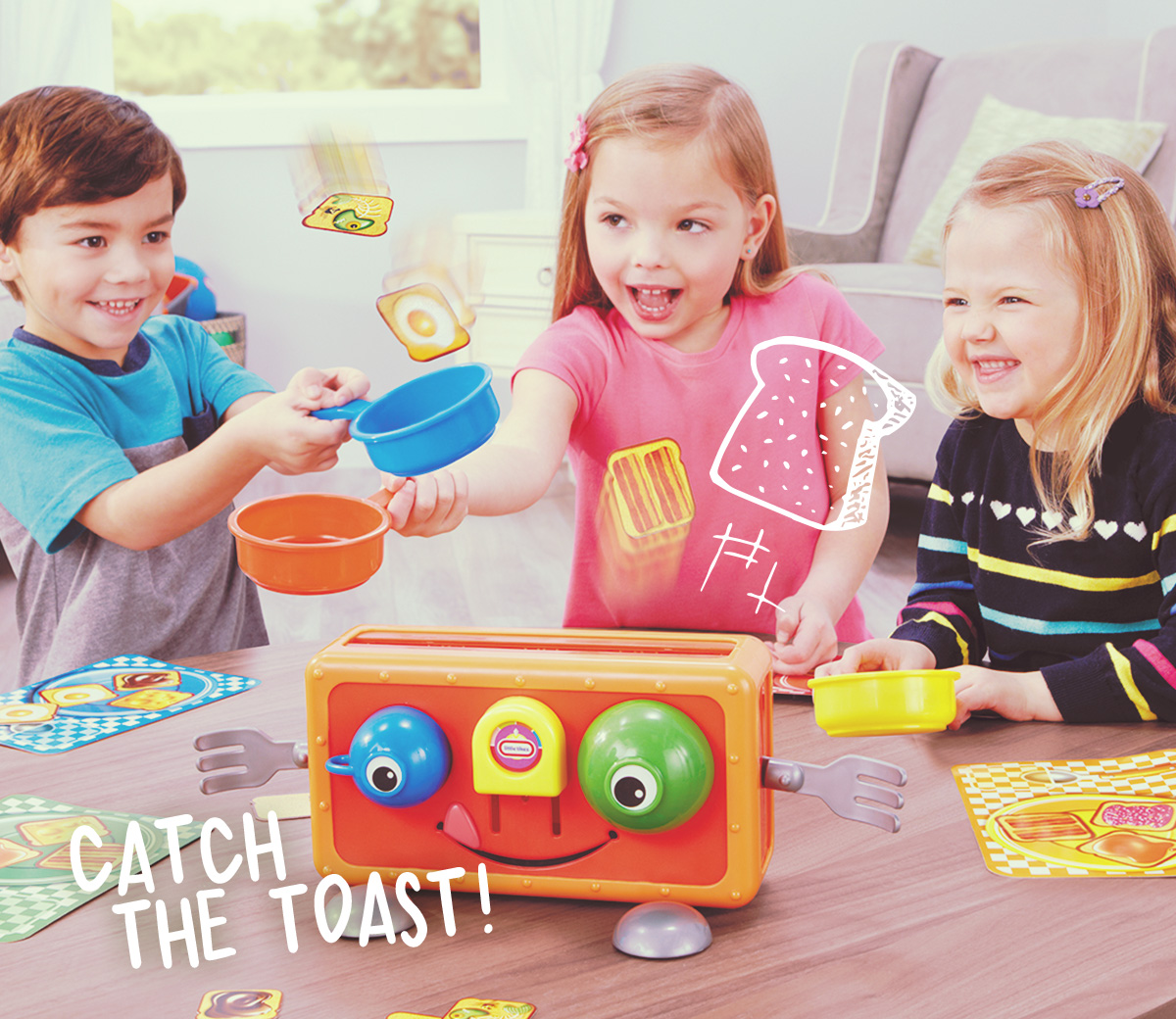
Babies can become aware of back-and-forth interactions from as young as six months old – the lifting and building with blocks or giving and taking tasks, for example – so try to capitalise on this in their toddler years. Play back-and-forth games with that repetitive element and from age two onwards, that turn-taking theme should recur in everyday life. By asking your child a question, waiting for their answer and then responding appropriately, you’re reinforcing the back-and-forth structure and teaching them about the turn-taking of conversation. Board games are great for group play and introducing children to the concept of taking turns. Alternatively, if it’s nice weather, even something as simple as the repetitive nature of climbing up and going down the slide will encourage them to take their turn and understand that it’s only fair to then stand back and let another child have a turn.
Praise sharing and other kind behaviour
If you’re arranging a play date, bear in mind that toddlers are typically at their most alert in the morning. Keep an eye on how your little one shows and shares a toy with their play mates during the session. Use encouraging phrases that suggest they pass a toy over to their friend – and when they do, don’t miss the opportunity to praise them. This way, they’ll learn that sharing is a positive behaviour and they’re more likely to repeat it.
Don’t underestimate the value of free play. Leaving children to simply play organically with each other without structured toys and restrictions will encourage them to interact, problem solve and learn the value of cooperation.
Develop learning through dramatic play
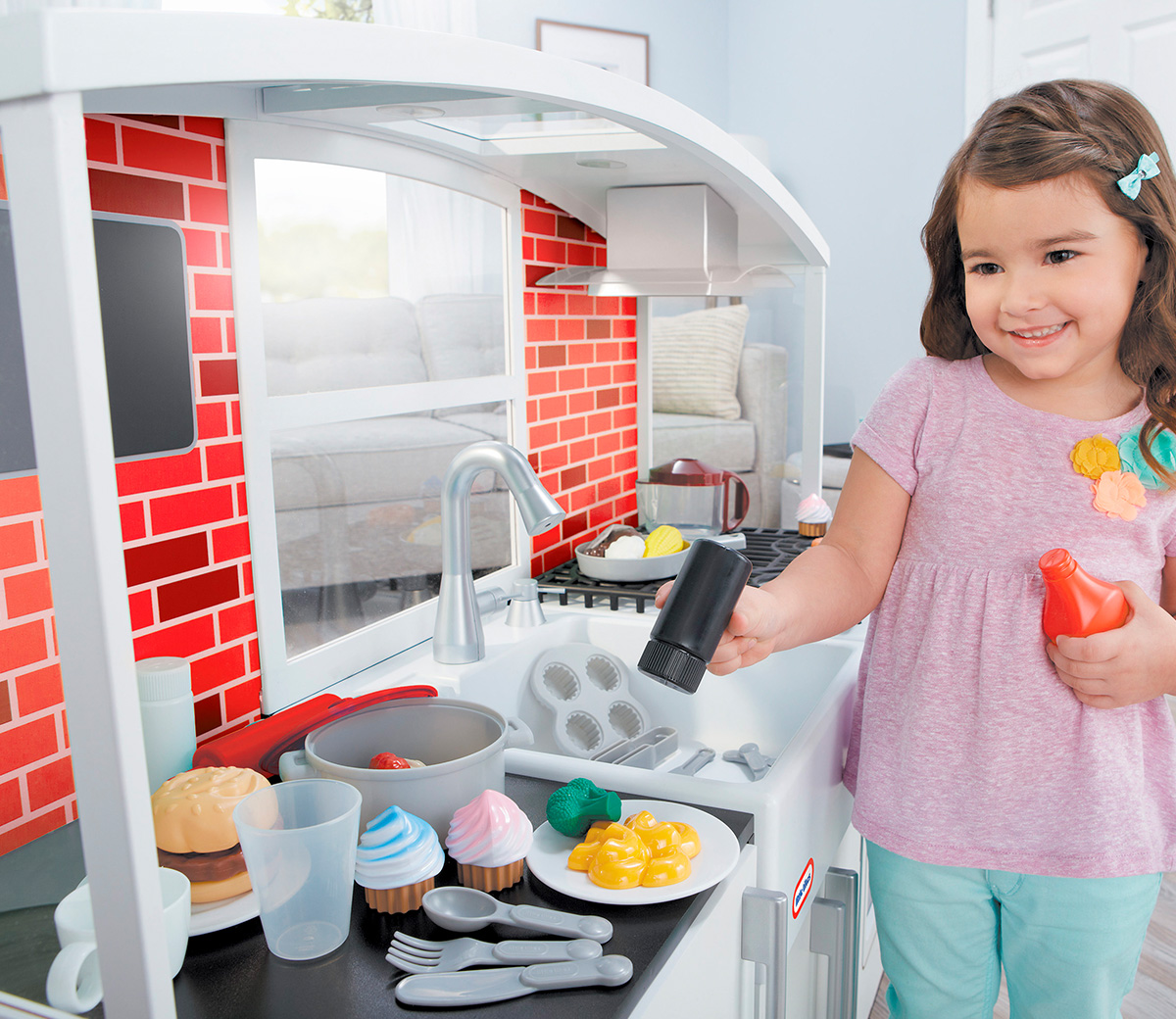
Role play is fantastic for developing confidence, self-control and empathy in toddlers and pre-schoolers. However, it also builds communication skills, creativity and physical abilities. Re-enacting real-life scenarios and occupations – like playing ‘kitchen’, ‘shopkeeper’ or ‘doctors and nurses’, for example – enables little ones to express personality and explore different emotions through imaginative play in groups.
Cooperative play is crucial for developing little ones’ confidence and those all-important skills they will take through life. Spend a little time nurturing their inherent curiosity and desire to learn through play and you’ll soon notice big leaps in their development.










